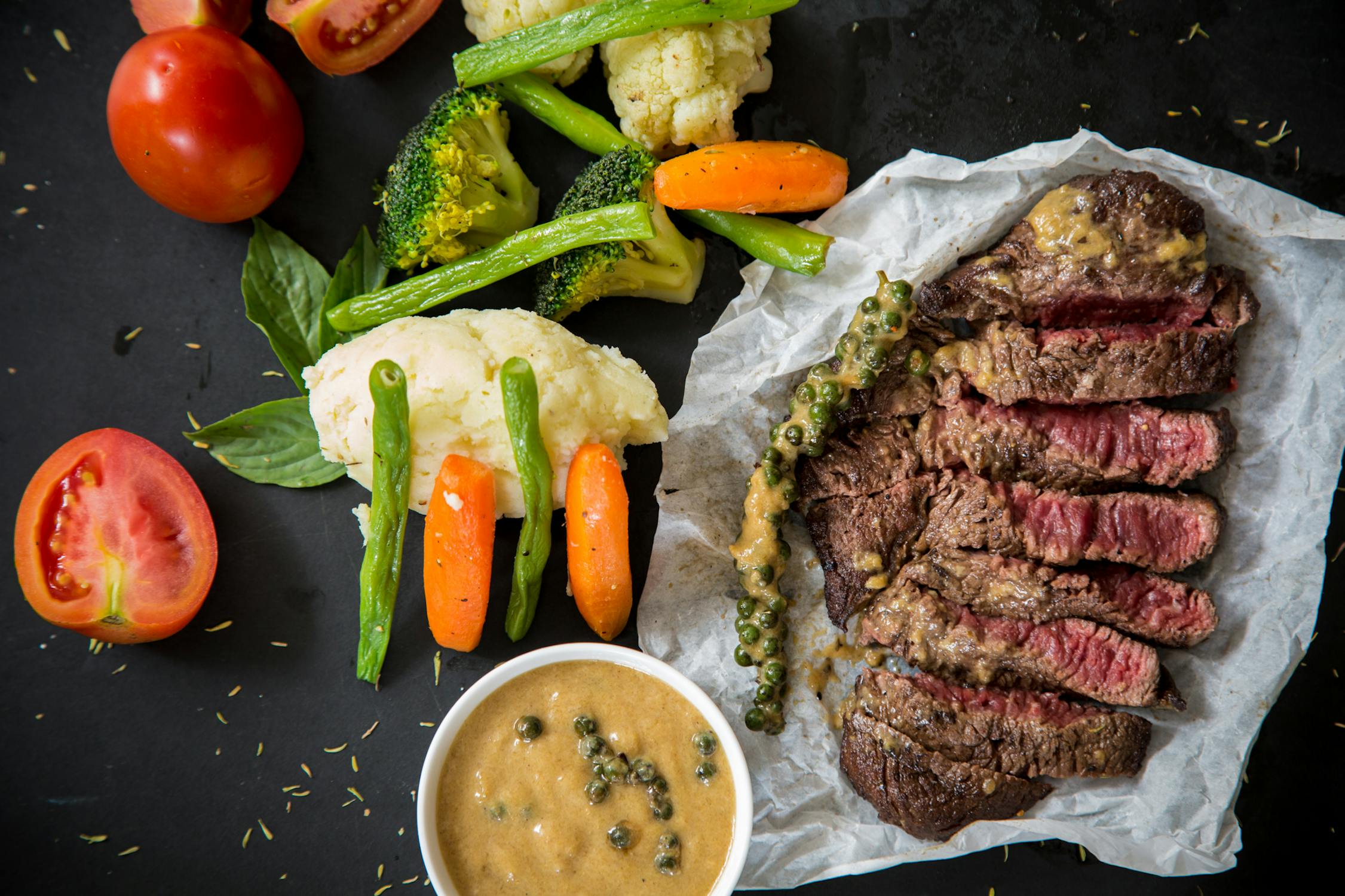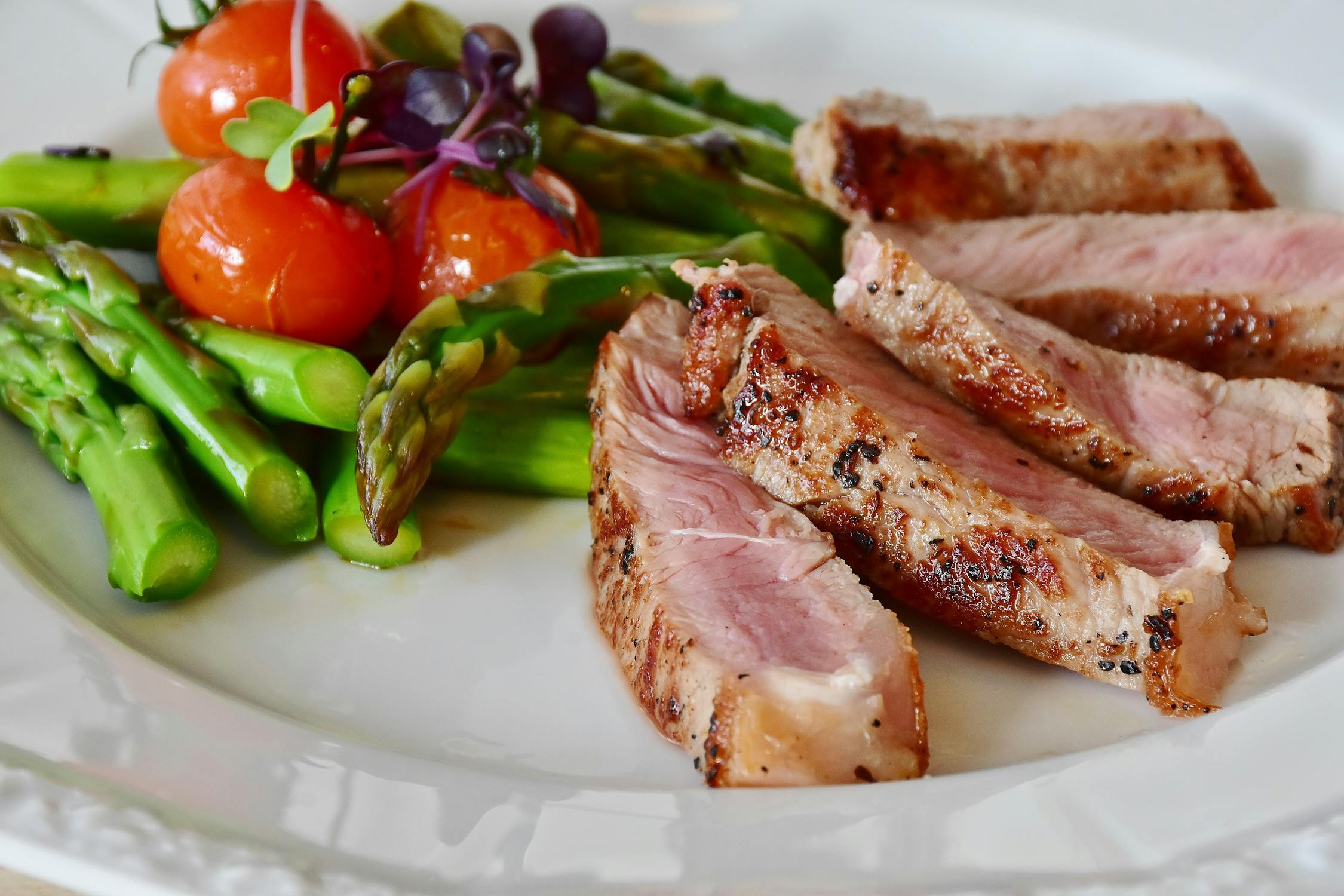
Explore the importance of protein in muscle growth, recovery, and overall health. Discuss various sources of protein, including animal-based and plant-based options, and provide tips on how to incorporate more protein into your daily meals. Include a section on protein timing, especially post-workout, to maximize muscle repair and growth.

Mushrooms are a culinary gem, loved for their unique texture, earthy flavor, and versatility in the kitchen. Whether you’re a vegetarian looking for hearty alternatives or a foodie eager to explore new flavors, mushrooms can elevate any dish. Here are 10 mouthwatering mushroom recipes that will inspire your next meal.

Discuss the importance of healthy fats in supporting brain function, hormone production, and overall health. Explain the difference between saturated, unsaturated, and trans fats, focusing on the benefits of unsaturated fats. Offer practical advice on how to include more healthy fats in the diet through foods like avocados, nuts, seeds, and olive oil.

Selecting the right cut of meat can make all the difference in your cooking. Whether you're grilling, roasting, or stewing, understanding how to choose quality meat ensures that your dishes are flavorful and satisfying. In this guide, we’ll explore key factors to consider when picking meat at the store, so you can make informed decisions for your next meal.

Focus on the importance of vitamins and minerals in maintaining overall health and enhancing fitness performance. Highlight key micronutrients like vitamin D, calcium, magnesium, and iron, and discuss how they contribute to bone health, muscle function, and energy levels. Suggest foods rich in these nutrients and the benefits of considering a multivitamin supplement if needed.

Guide readers through the process of meal planning to support their fitness goals. Discuss the importance of balancing macronutrients (proteins, carbs, and fats) and micronutrients in every meal. Provide a step-by-step approach to meal prepping, including tips for grocery shopping, cooking in bulk, and storing meals for the week. Include sample meal plans for different fitness goals, such as weight loss, muscle gain, or maintenance.